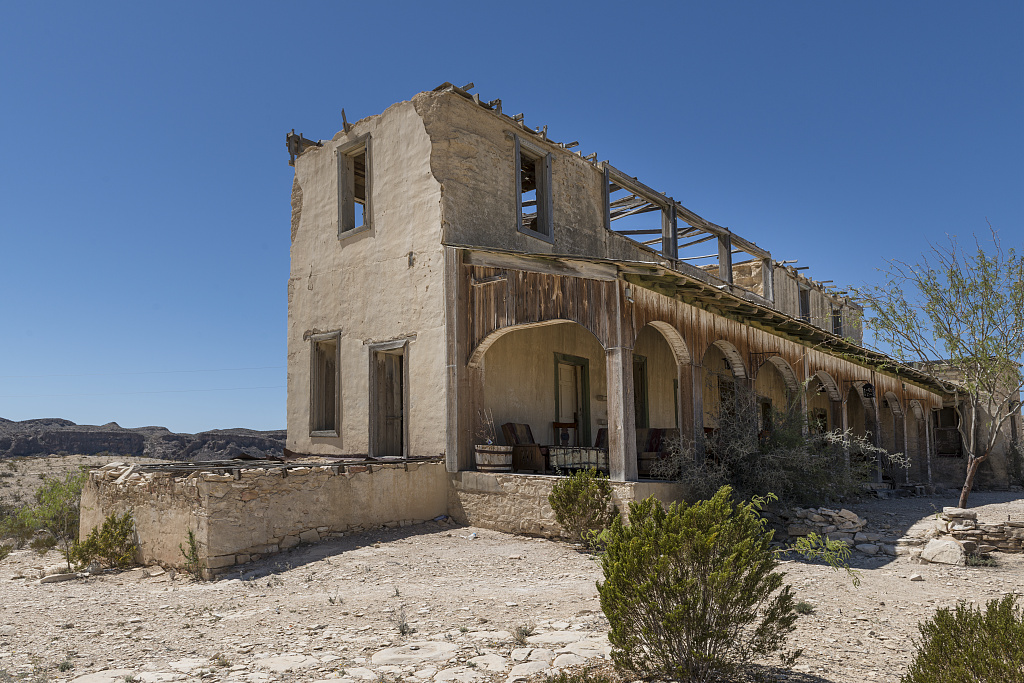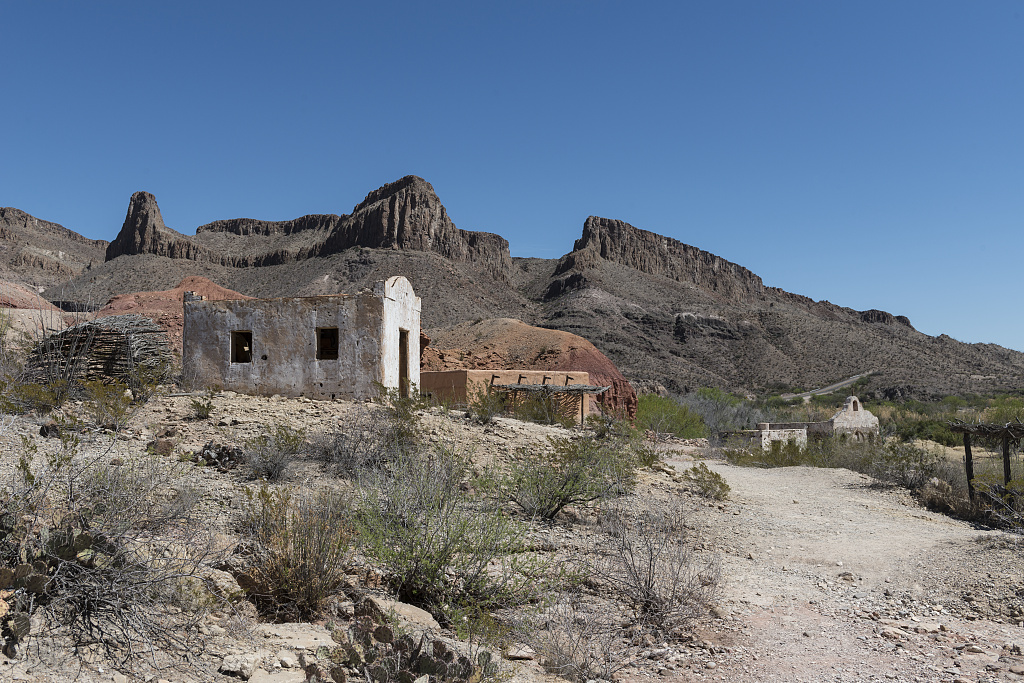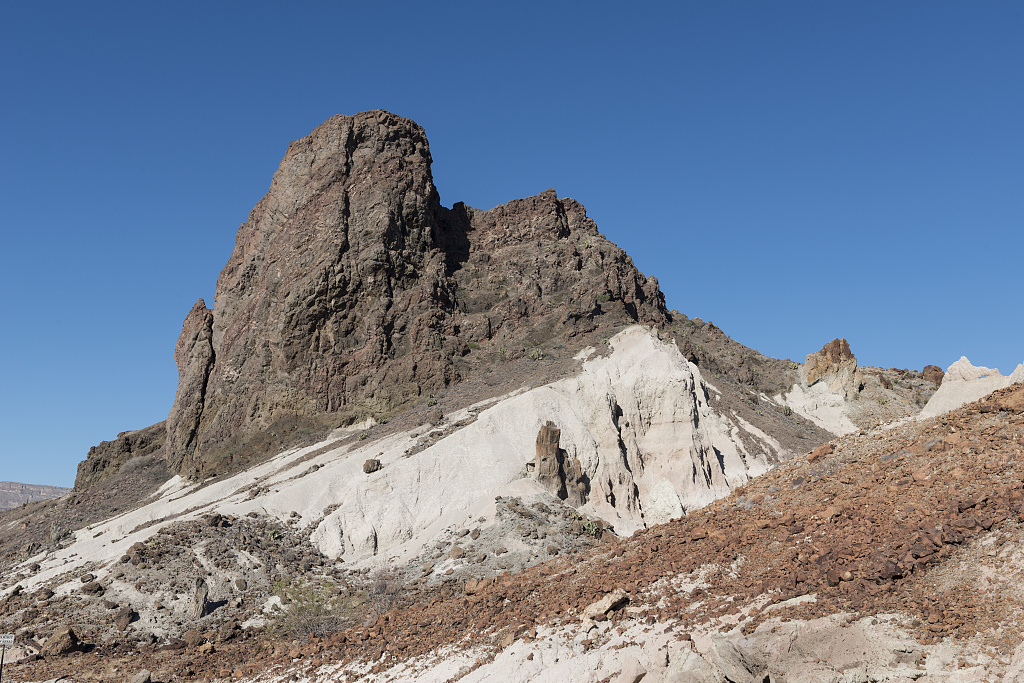The Old Big Bend is rapidly disappearing, from early buildings to old-timers’ memories. All of the area’s original ranchers and homesteaders are now long gone and with them has passed a unique way of life. But because of the work of William Dudley Smithers, one of Texas’ finest early photographers, some of the old Big Bend way of life has been preserved for posterity. For more than fifty years, Smithers traveled extensively throughout the Big Bend photographing its people, culture and history. All of the pictures on this page are from two Smithers collections, at The Harry Ransom Center, UT-Austin and The Museum of the Big Bend, Sul Ross University at Alpine.
The Big Bend has for centuries been a rugged and remote region where both transportation and communication have been difficult. Before telephone service, communicating throughout the Big Bend was an arduous task for most people. But this was not the case for many area Hispanics. For hundreds of years in the Hispanic culture of Mexico and America’s Southwest, there have been Avisadores, or messengers. The avisadores stood on hilltops and flashed avisos or messages to each other using pocket mirrors. Throughout the Big Bend of the 1920s and 30s, local Anglos called this method of communication the “Mexican Grapevine”. Though many ranchers and law enforcement officials saw the mirror flashes, they were never able to decipher the code.
Watch a sample video clip from our documentary
Bandits, Bootleggers, and Businessmen: A History Of The Big Bend, Texas
When prohibition came to the Big Bend in 1920 it opened up a new source of revenue for some residents of Mexico. Texans still wanted their liquor and were more than willing to circumvent the law to get it. Bootlegging soon became big business in the Big Bend. Getting the alcohol across the Rio Grande was easy, and once across into Texas, each load of liquor immediately doubled in value. Bottles and kegs of alcohol were strapped to mules and floated across the river. Once on the Texas side, the liquor would be loaded onto pack trains and delivered to remote rendezvous points with Texas bootleggers near the communities of Alpine, Marfa and Marathon. One Marathon old-timer who was familiar with many of the prominent Big Bend bootleggers fondly recalled frequent all-night poker sessions with them. While local residents knew the bootleggers’ identities, they kept to their own affairs and said nothing to inquisitive law enforcement officials.



